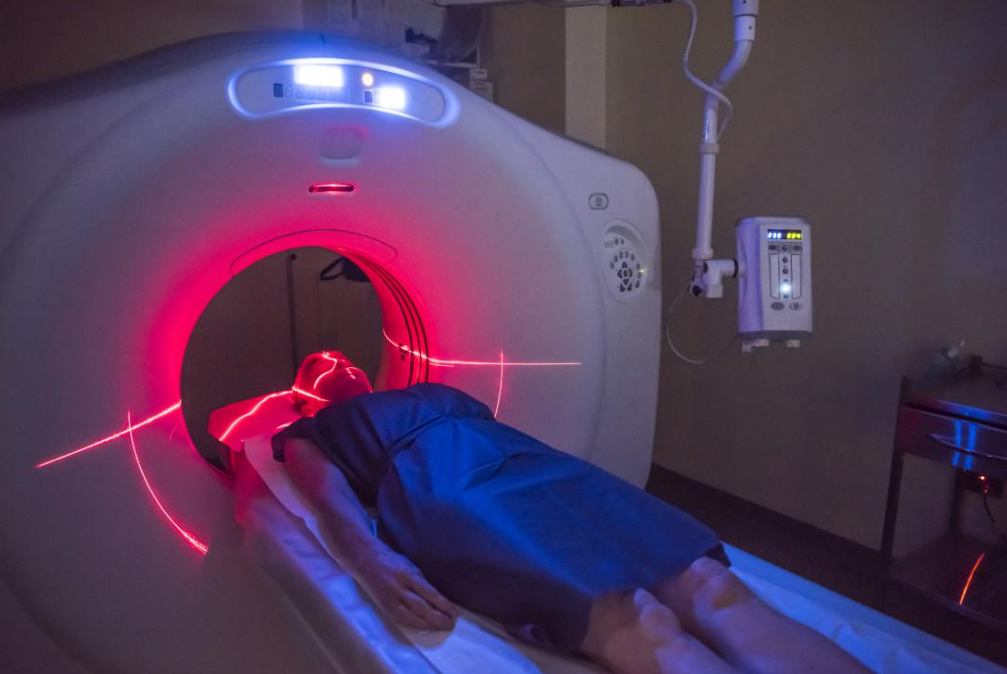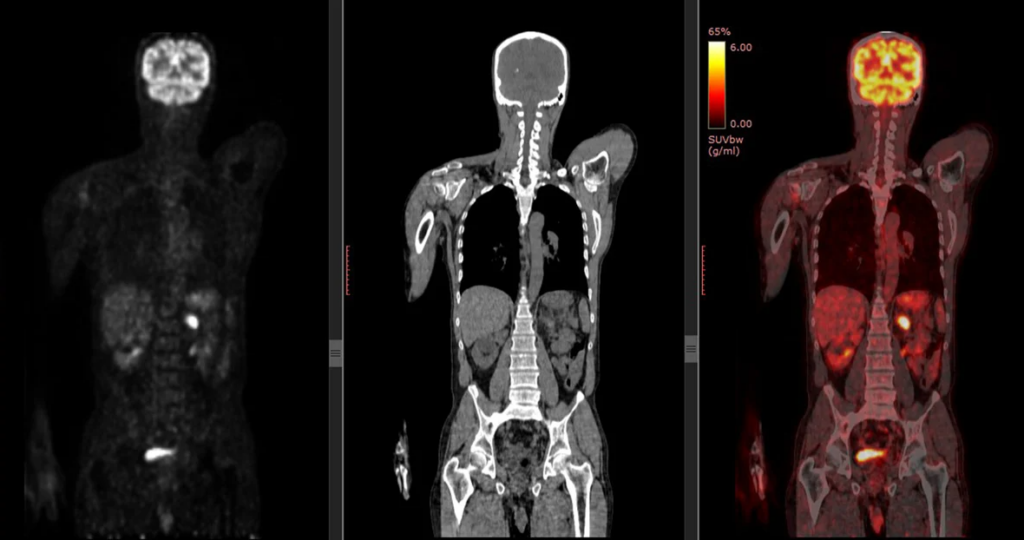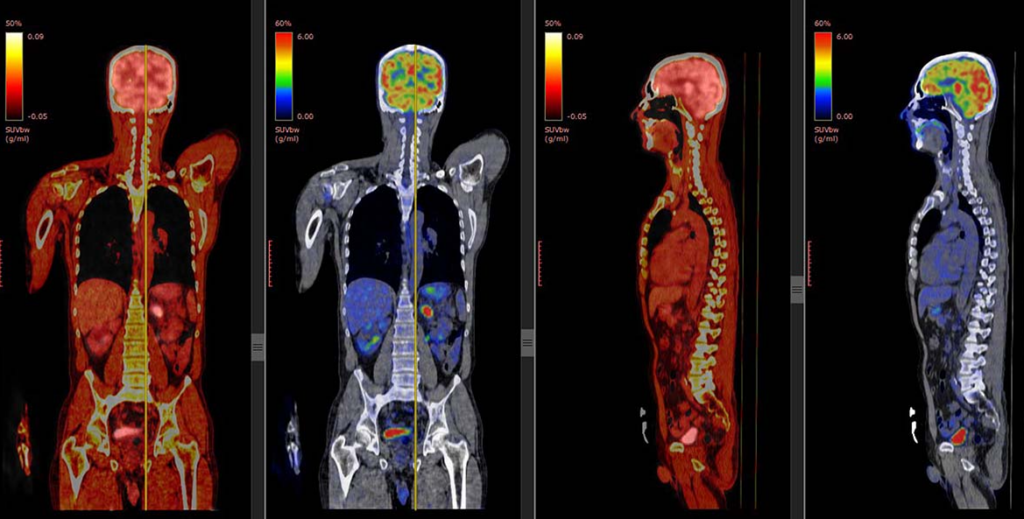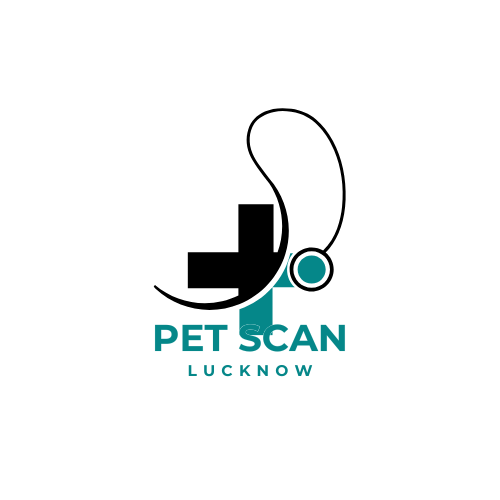Positron Emission Tomography-Computed Tomography (PET-CT) scans are among the most advanced imaging techniques used in medical diagnostics today.
They help detect cancer, neurological disorders, and heart diseases by providing highly detailed images of organ function and structure. However, you might wonder why PET CT Scan is so expensive? Well, the cost of a PET-CT scan is significantly high, ranging from ₹15,000 to ₹40,000 in India and even more in other countries.

Is PET CT Scan Really So Expensive?
Many patients and their families wonder why these scans cost so much. Several factors contribute to the high price, including the technology involved, radioactive tracers, equipment costs, and operational expenses. In this article, we will break down the reasons behind the high cost of PET-CT scans and provide insights into how to manage these expenses.
1. High-End Technology and Equipment
PET-CT scans combine two imaging techniques:
- Positron Emission Tomography (PET): Uses a radioactive tracer to detect changes in metabolic activity.
- Computed Tomography (CT): Provides detailed structural imaging of tissues and organs.
The integration of these two technologies into a single machine makes the equipment highly sophisticated and expensive. A PET-CT scanner costs anywhere between ₹8 crore to ₹20 crore, depending on its features and capabilities. Hospitals and diagnostic centers must recover these costs over time, leading to high scan prices.
2. Expensive Radiopharmaceuticals (Tracers)
One of the biggest cost factors in a PET-CT scan is the use of radioactive tracers, such as Fluorodeoxyglucose (FDG). These tracers:
- Are produced in specialized cyclotrons, which are costly to operate.
- Have a short shelf life (FDG lasts only a few hours), requiring immediate use.
- Need to be transported under strict radiation safety protocols, increasing logistics costs.
Since PET scans rely on real-time imaging of metabolic activity, the production and handling of these tracers add significantly to the total cost.
3. Highly Skilled Personnel Required
Performing and interpreting a PET-CT scan requires expertise in multiple fields, including:
- Radiologists who analyze the scan results.
- Nuclear medicine specialists who handle radioactive materials safely.
- Medical physicists who ensure equipment calibration and radiation dose accuracy.
- Technicians who operate the PET-CT scanner.

These professionals undergo years of specialized training, and their salaries contribute to the overall cost of the scan.
4. Maintenance and Operational Expenses
A PET-CT scanner is a high-maintenance machine requiring:
- Regular calibration to maintain imaging accuracy.
- High electricity consumption due to continuous operation.
- Specialized shielding and cooling systems to ensure safe operation.
- Radiation safety measures to protect both patients and staff.
These factors add to the running costs, which are factored into the scan pricing.
5. Limited Availability and High Demand
PET-CT scanners are not available in every diagnostic center due to their high cost and specialized requirements. In many cities, only a few hospitals and imaging centers offer PET-CT scans, leading to longer wait times and higher prices due to demand.
6. Government Regulations and Safety Compliance
Since PET-CT scans involve radioactive substances, they are regulated by government authorities such as:
- Atomic Energy Regulatory Board (AERB) in India
- Food and Drug Administration (FDA) in the US
- International Atomic Energy Agency (IAEA) globally
Hospitals must comply with strict licensing, safety protocols, and waste disposal regulations. Maintaining compliance requires additional investment in infrastructure and staff training, further increasing the cost of the scan.
7. Limited Insurance Coverage
While many health insurance policies cover PET-CT scans, the coverage varies. Some policies:
- Require prior approval before covering the scan.
- Cover only a percentage of the cost, leaving the patient to pay the rest.
- Limit coverage to specific diseases, such as cancer, but not other conditions.

Patients without comprehensive insurance may have to bear the full cost, making the scan seem even more expensive.
How to Reduce the Cost of a PET-CT Scan?
1. Check Insurance Coverage
Before scheduling a PET-CT scan, confirm with your insurer if the scan is covered under your policy and whether you need pre-authorization.
2. Compare Prices Across Diagnostic Centers
Different hospitals and diagnostic centers may charge different rates for PET-CT scans. It’s advisable to check multiple centers to find a cost-effective option.
3. Look for Health Schemes and Discounts
Some centers or hospitals offer discounts for senior citizens or provide financial assistance programs for patients with critical illnesses. Checking with the hospital’s billing department can help reduce out-of-pocket expenses.
Frequently Asked Questions
Why is a PET-CT scan more expensive than a regular CT or MRI scan?
A PET-CT scan combines two imaging technologies, requires specialized radioactive tracers, and involves highly trained personnel. These factors make it more expensive than a regular CT or MRI scan.
Is a PET-CT scan necessary for all cancer patients?
Not always. PET-CT scans are primarily used for staging cancer, evaluating treatment response, and detecting recurrences. Your doctor will determine if it is necessary based on your condition.
How much does a PET-CT scan cost in India?
The cost varies depending on the hospital and location but generally ranges from ₹15,000 to ₹40,000. In government hospitals, it may be available at subsidized rates.
Does health insurance cover the cost of a PET-CT scan?
Many health insurance policies cover PET-CT scans, especially for cancer diagnosis and treatment monitoring. However, coverage depends on the policy terms, so it’s best to check with your insurer.
How long does a PET-CT scan take?
The entire process, including preparation, tracer absorption time, and scanning, takes about 2-3 hours. The scan itself usually lasts 20-30 minutes.
Is a PET-CT scan safe?
Yes, a PET-CT scan is generally safe. The radiation exposure is low, and the tracer used typically leaves the body within a few hours. However, pregnant women and young children should consult a doctor before undergoing the scan.
Can a PET-CT scan detect all types of cancer?
PET-CT scans are highly effective for detecting many types of cancer, but some slow-growing tumors or very small lesions may not be visible. Your doctor may recommend additional tests if needed.
Conclusion
PET-CT scans are expensive due to the advanced technology, high-cost radioactive tracers, specialized medical staff, and operational expenses involved. While the cost can be a concern, exploring options such as government hospitals, insurance coverage, and financial assistance programs can help make these scans more affordable.
If your doctor has recommended a PET-CT scan, understanding the reasons behind its cost can help you make informed decisions about your healthcare.
